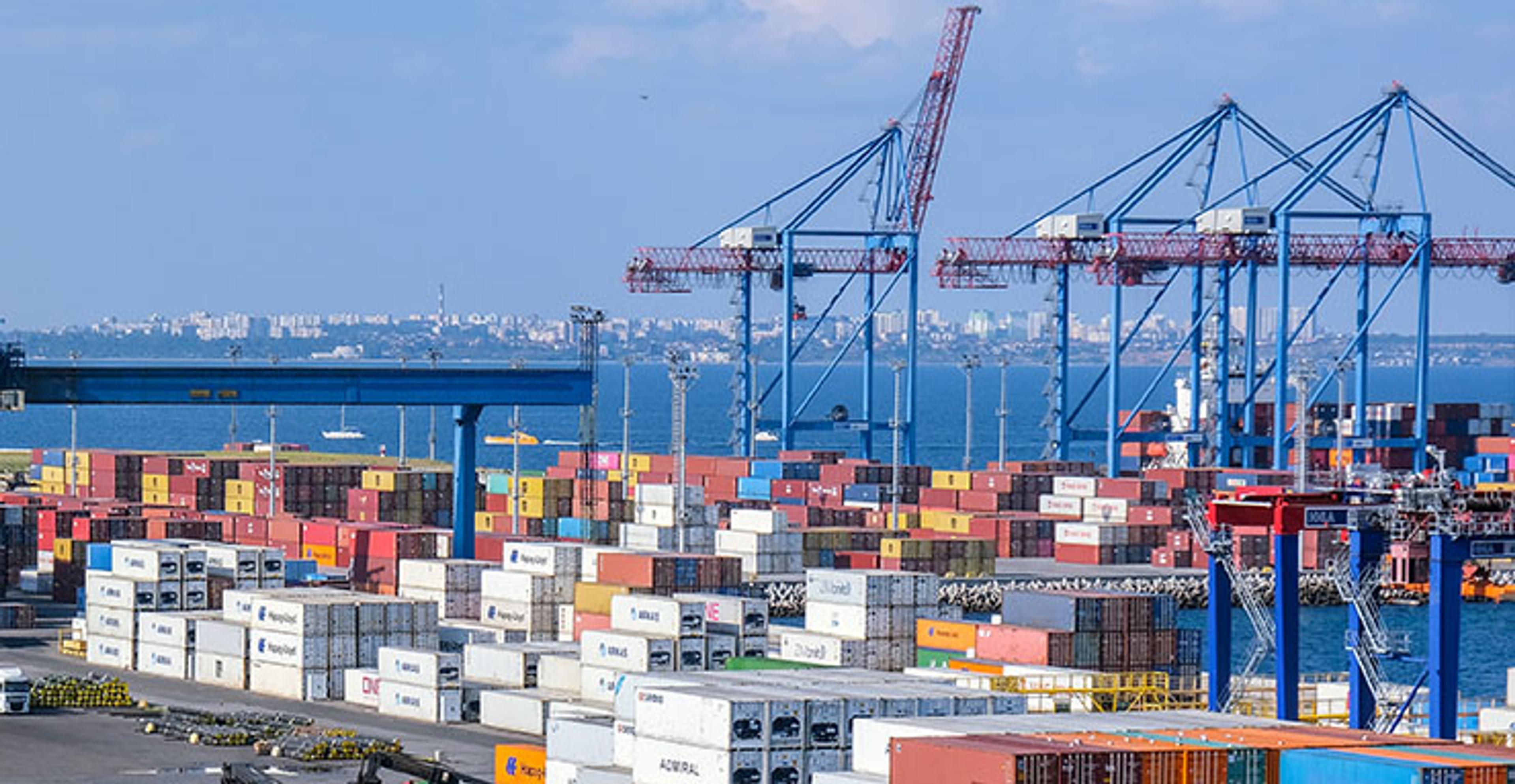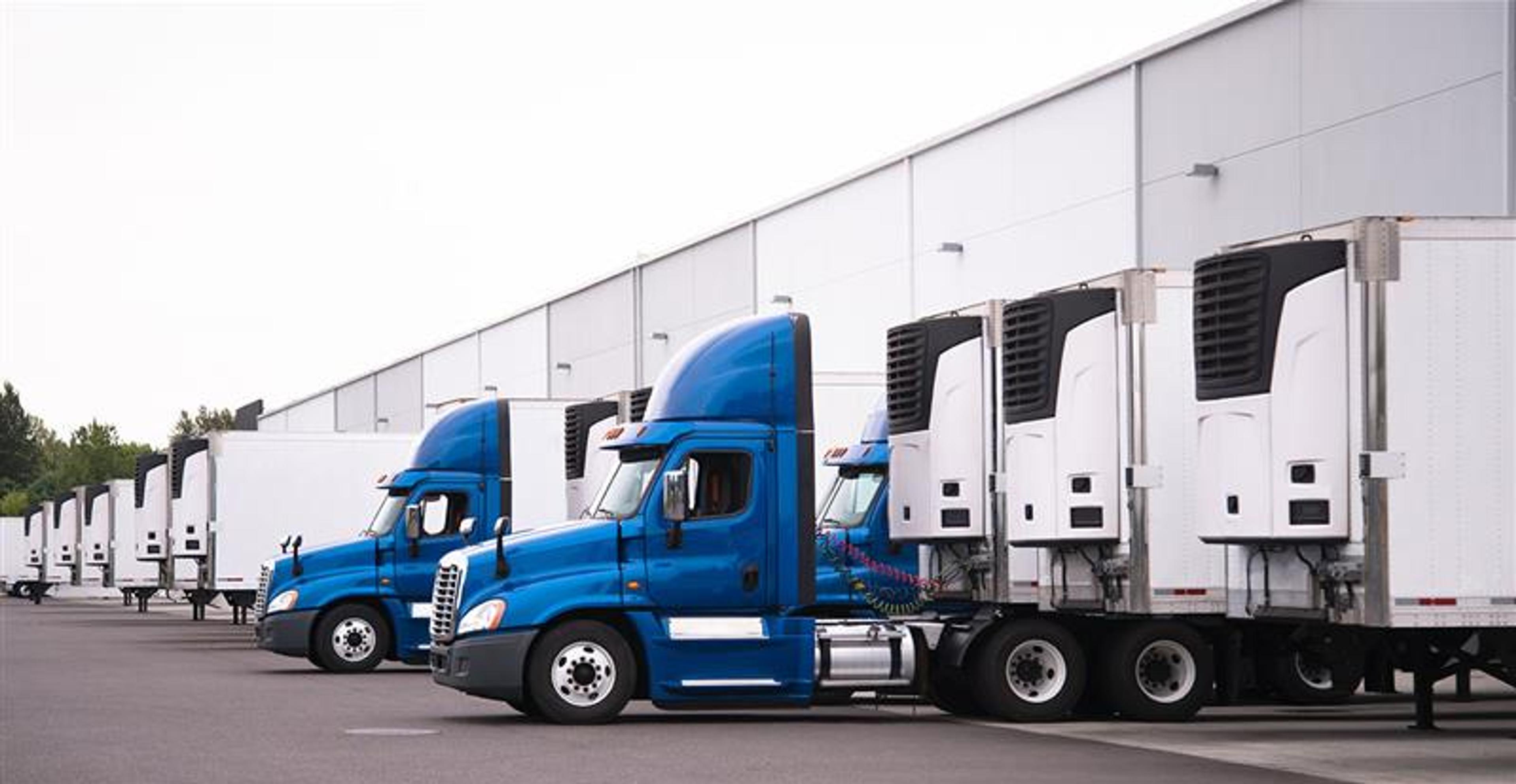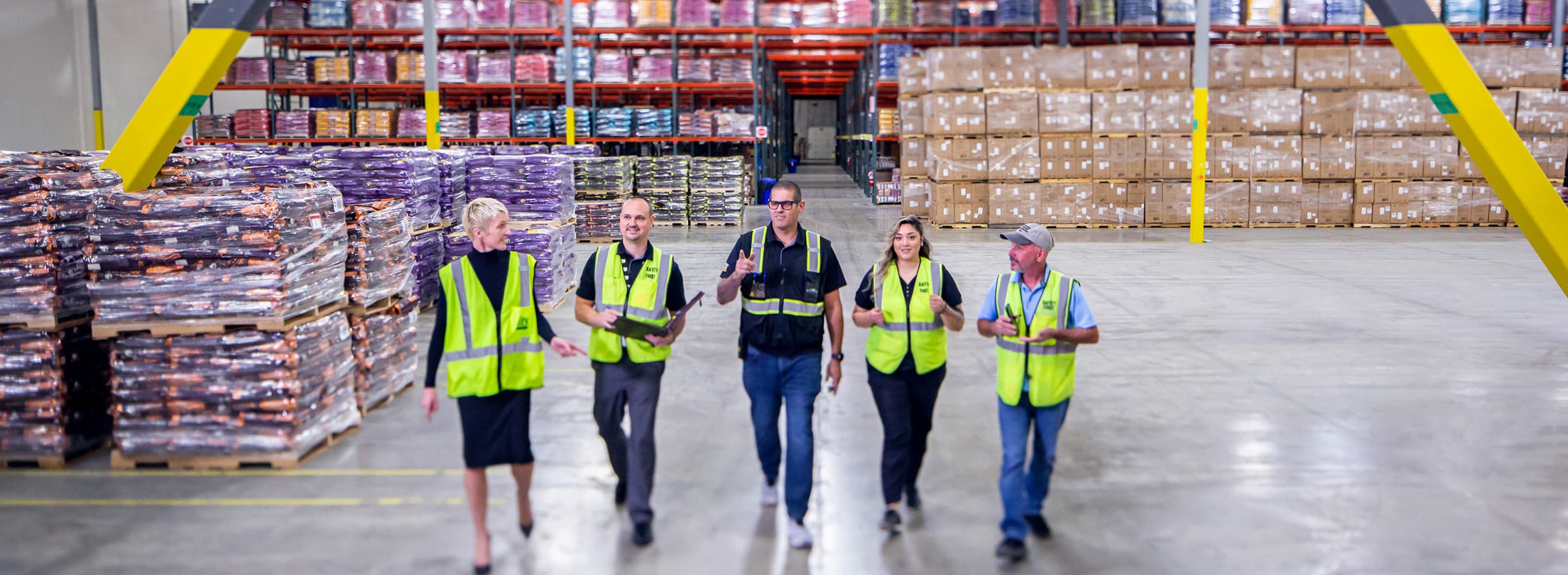
WSJ
June 5, 2024
Paul Berger
FROM THE ARTICLE: Digital freight startup Transfix sold its brokerage unit and is resetting itself as a software provider, the latest in a string of setbacks for digital upstarts that only a few years ago threatened to disrupt trucking’s load-matching business.
The company, which was considering a public listing only two years ago through a reverse merger, is selling the digital middleman operation to trucking and warehousing company NFI Industries.
Transfix and NFI declined to disclose details of the cash transaction, which closed Tuesday. It said NFI, which is based in Camden, N.J., and has facilities at ports and freight hubs across North America, will absorb more than 100 Transfix employees and will become the software business’s first client.
Jonathan Salama, Transfix’s co-founder and chief executive, said Transfix had decided its software was its best asset, but that it couldn’t sell the platform to other brokers while operating its own brokerage.
The company had enough money to continue operations, he said. “This is not a function of our running out of time,” Salama said. “This is what we believe is the right strategic decision for everyone.”
Logistics startups have been squeezed by a two-year downturn in the freight industry that hit at the same time high interest rates made it harder to raise new funding. Digital freight brokers, which operate in a highly competitive, low-margin business of matching available loads to trucks, have been particularly hard hit.
Seattle-based startup Convoy went out of business last year after having been valued at $3.8 billion 18 months earlier. Another upstart, Next Trucking, was acquired several months ago by a rival.
Uber Technologies’ Freight unit is surviving in part thanks to the ride-hailing giant’s deep pockets and a strategic shift to expand into transportation management through an acquisition. Uber’s brokerage arm posted revenue of $1.3 billion in the most recent quarter, down 8% from a year ago.
Industry experts say many freight brokers that were lagging behind in implementing technology when many startups launched about a decade ago have invested heavily in automation, catching up to the capabilities of the tech-forward upstarts.
The logistics industry is seeing “an acceleration of technological adaptation, making legacy [companies] much more competitive with pure digital freight brokers such as Transfix and Uber Freight,” said Evan Armstrong, CEO of industry research group Armstrong & Associates.
Legacy companies also have extensive networks of motor carriers and long-term relationships with shipping customers, said Armstrong, that can give them “a competitive advantage over pure-play digital freight brokers, especially those who have become overcommitted with too much venture or private-equity investment.”
...
Paul Brashier, vice president of business development at warehousing and distribution company ITS Logistics, said many logistics companies are integrating technology such as automation, tracking and visibility into their operations to stay competitive. He said Reno, Nev.-based ITS has spent $30 million in recent years building its own tech stack.



